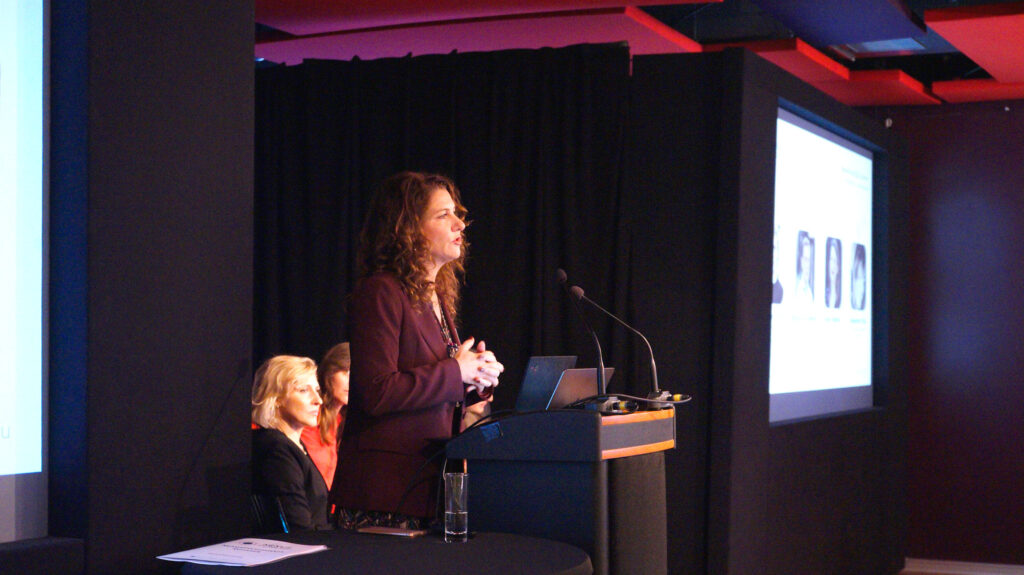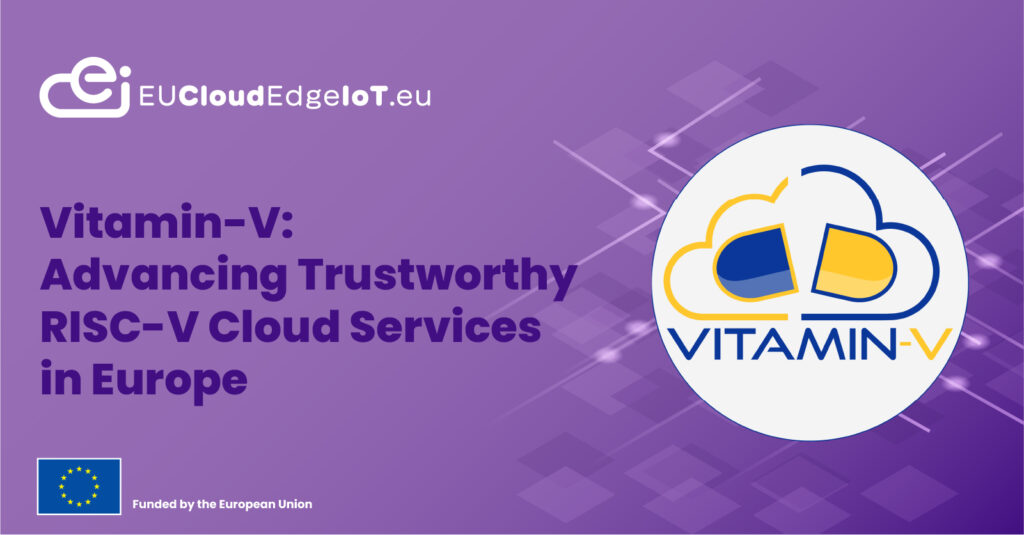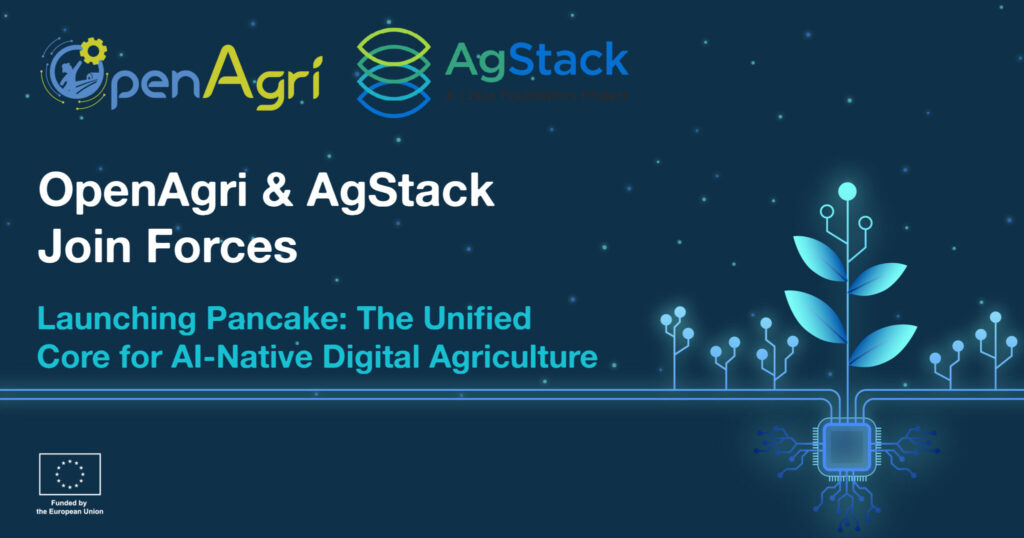A blog post by Dr. MONIQUE CALISTI, CEO of Martel Innovate
Last week at the NexusForum2024 Summit, I moderated the European Digital Sovereignty in Action Panel gathering top experts at work on several research, innovation, regulatory and policy fronts to make digital autonomy of Europe a reality.
Europe is committed to an inclusive and sustainable digital transformation of our economy and society and one of the key pillars is the notion of ‘technological/digital sovereignty’ or “digital autonomy”. This ambition goes beyond political and financial interests and plans, and relates to the need of protecting fundamental rights for all citizens that our democracies are grounded in.

But how to get there, what do we need to make Europe digitally autonomous?
Let me share a few thoughts and learnings from several projects and initiatives I’ve been involved in, especially in the last couple of years.
To achieve digital autonomy, public and private European research, innovation, regulatory and policy making efforts must align and foster synergies across different (horizontal and vertical) domains and nations. Moreover, it is essential to define the ways to coexist in a regulated and managed way with the global market players (especially the Tech Giants from US and China) that are strongly present in our continent.
As discussions at the NexusForum2024 Summit highlighted, in line with several indications in the recent Mario Draghi’s report “The future of European competitiveness”, a few critical aspects the European community should be working towards are included hereby.
The adoption of a holistic and comprehensive strategy and plan of action covering the following aspects:
- Technological Infrastructure and Innovation
- Data Governance and Control
- Digital Skills and Talent Development
- Regulatory Framework and International Cooperation
The implementation of a multi stakeholders’ approach to ensure alignment on priorities and a cohesive action plan to face the many existing challenges. Engagement of public and private entities, involving industry, SMEs/Startups, researchers, innovators and policy makers across corporate and academia, public authorities and decision-makers as well as civic society players.
- The creation of a clearer picture and ultimately strategy on how to leverage on important efforts at open-source software, open source hardware, and open data. This should cover other grassroot initiatives working on digital commons, which can facilitate access for many European Startups and SMEs to precious resources empowering them in their journey to digital autonomy.
DIGITAL AUTONOMY – A 360 DEGREES APPROACH
Europe can build a strong and resilient digital ecosystem that supports economic growth, innovation, and the protection of fundamental rights, only when adopting a comprehensive approach covering the following main areas.
- Technological Infrastructure and Innovation
- Investment in Research and Development: Promote research and development in emerging technologies like artificial intelligence, robotics, quantum computing, and cloud-edge computing to ensure technological leadership.
- Domestic Manufacturing Capabilities: Encourage the development of domestic manufacturing capabilities for critical digital components and infrastructure to reduce reliance on foreign suppliers.
- Secure and Resilient Networks: Invest in robust and secure communication networks, including 5G/6G and broadband infrastructure, to ensure data privacy and reliability.
- Data Governance and Control
- Data Localization: Implement policies that encourage the storage and processing of data within Europe to maintain control over sensitive information.
- Data Privacy and Protection: Strengthen data privacy laws to protect individuals’ rights and build trust in digital services.
- Data Sharing and Interoperability: Facilitate the secure and efficient/6G sharing of data between public and private sectors to drive innovation and economic growth.
- Digital Skills and Talent Development
- Education and Training: Invest in education and training programs to equip citizens with the digital skills necessary to participate in the digital economy.
- Talent Attraction and Retention: Implement policies to attract and retain skilled digital professionals from around the world.
- Digital Inclusion: Ensure that all citizens, regardless of their socioeconomic background, have access to digital tools and services.
- 4. Regulatory Framework and International Cooperation
- Harmonised Regulations: Develop a harmonised regulatory framework across European countries to create a level playing field for businesses and facilitate the free flow of data.
- International Cooperation: Collaborate with international partners to establish global standards for data privacy, cybersecurity, and digital trade.
- Digital Diplomacy: Promote European values and interests in international digital forums to shape the global digital landscape.
OPEN SOURCE AND OPEN DATA FOR DIGITAL AUTONOMY
By leveraging open source software and hardware, as well as on open data, Europe can create a more independent, innovative, and secure digital ecosystem that supports its economic and social goals. This is key to provide alternative choices especially to SMEs and Startups that are often not able to go for expensive big tech vendor solutions.
Open Source Software (OSS)
- Technology Independence: OSS provides a foundation for building technology infrastructure without relying on proprietary systems that may be controlled by non-European players
- Innovation and Collaboration: OSS communities foster collaboration, innovation, and the rapid development of new technologies. This can accelerate the pace of technological advancement in Europe and help it stay competitive on the global stage.
- Cost-Effectiveness: Open source software is often available for free or at a lower cost than proprietary alternatives, making it a more affordable option for businesses and governments. This can help reduce costs and increase efficiency.
- Interoperability and Standardization: Open source standards can promote interoperability between different systems and technologies, making it easier for businesses and organisations to integrate and share data. This can facilitate the development of a unified digital market within Europe.
- Security and Transparency: Open source code is subject to scrutiny by a large community of developers, which can help identify and address security vulnerabilities more quickly than proprietary software. Additionally, the transparency of open source development can build trust and confidence in the technology.
Open Source Hardware
- Technological Independence: Similar to open source software, open source hardware provides a foundation for building technology infrastructure without reliance on proprietary components. This reduces dependency on foreign suppliers and strengthens Europe’s technological autonomy.
- Innovation and Experimentation: Open source hardware enables individuals and organisations to experiment with new designs, prototypes, and applications. This can foster innovation and lead to the development of new technologies that address specific European needs.
- Accessibility and Affordability: Open source hardware can be manufactured at a lower cost than proprietary hardware, making it more accessible to individuals and businesses. This can help reduce costs and increase efficiency.
- Community-Driven Development: Open source hardware communities can collaborate on the development and improvement of hardware designs, leading to more robust and reliable products.
Open Data
- Economic Growth: Open data can drive innovation and economic growth by enabling businesses and researchers to develop new products and services.
- Transparency and Accountability: Open data can increase transparency and accountability in government and public institutions by providing citizens with access to information.
- Citizen Engagement: Open data can empower citizens to participate in decision-making and hold governments accountable.
- Research and Development: Open data can facilitate research and development by providing researchers with access to valuable datasets.a
SOME POINTS FOR FURTHER REFLECTION THAT EMERGED AT THE NEXUSFORUM2024 PANEL
- Not any open source can make the difference – business collaboration -not just technological innovation- is crucial. Sustainability of open source efforts can only be ensured when aligned with clear business models
- Especially for Startups and SMEs we must speed up the transition from research to market > we must lower barriers to ensure more effective go-to-market plans to be put in place
- Standardisation efforts are essential to ensure accessibility and interoperability of technologies and solutions that are essential to the digital autonomy ambition
- Fostering a culture of cooperation – also when it comes to infrastructure openness is an essential aspect that has been very often neglected. Many communities-centred efforts both public and private European initiatives are leading are essential.
- How can we make sure that European SMEs get early access to the strategic digital technologies that we are developing through EU research & innovation projects
LOOKING AHEAD
To enhance digital autonomy of our continent, European private and public organisations must align on several fronts:
- Harmonisation of digital regulations across the EU.
- Simplifying existing regulations to reduce the bureaucratic burden on tech companies/SMEs.
- Strengthening data governance frameworks – clearer rules on data sharing and protection.
- Adopt a more dynamic competition policy that can adapt to the fast-paced nature of the digital economy.
- Increased support and investments in emerging technologies like AI, quantum computing, cybersecurity, semiconductors, green technologies, 5G/6G.
This is an ambitious plan, but ultimately this is what is needed to enhance competitiveness, as well as economic and social security of Europe.




